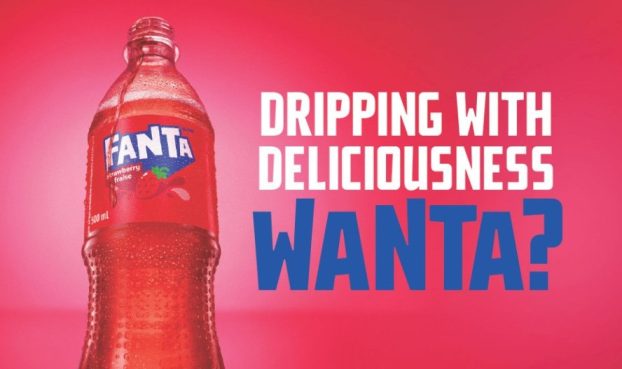The Toronto Argonauts football club has become one of the first companies to test market a new telephone-based direct-response service called Ventriloquist.
Developed by vmi, Ventriloquist enables marketers to place pre-recorded interactive calls to targeted households.
The Argos, which used the voicecasting system earlier this month to promote season ticket sales, seem almost taken aback by the success of their initiative.
Steve Shiffman, the Argos’ director of sales, says, ‘so far, in the second day, my phone has been busy. We’ve really seen an increase in phone activity in the last two days.
‘I’m very excited about it and believe there’s potential there. I can accomplish a lot more with this system in a couple of hours than I could previously in a couple of weeks.’
The Argos pre-recorded message was made by one of the team’s star players, Mike ‘Pinball’ Clemons. According to Shiffman, a number of call recipients have telephoned thanking him for the message and saying that they really liked getting a call from Pinball.
The Argos voicecast messages are being used as a follow-up to an earlier direct mail program. ‘What I hope to accomplish is to increase our season’s seat base, special ticket packages or even inquiries about other opportunities such as single tickets,’ says Shiffman.
Greg White, president and chief executive officer of vmi, says the results of the first few days of the Argos test indicate that less than 1% of recipients are choosing not to be communicated to again in this way.
About 95% of all people on the list are having a message delivered to them. About one-quarter are going to a live person, while the rest are being received by answering machines or services.
White says, ‘if you compare it to a direct mail campaign where about 80% of the mail goes into the garbage before being opened, the contact rate is tremendous.
‘Right now the results are for every dollar spent voicecasting, they’re getting between $3 and $4 in revenue,’ he adds.
The Argos sent voicecast messages to half the recipients of an earlier direct mail campaign.
Their next move will be to do an analysis of the results of the direct mail piece on its own versus the results of the direct mail piece and follow-up voicecasting.
White says that while voicecasting is effective when used alone, he expects the most impact to come from integrating it into a media plan.
In addition to having applications in consumer marketing, voicecasting can also be used to communicate with dealer networks, franchisees, shareholders or the press. One clear benefit of voicecasting is its speed: a message can be recorded and delivered by phone to large numbers of people within a very short time frame.
A form of voice broadcast, voicecasting falls under the jurisdiction of the crtc and its guidelines for unsolicited voice broadcast calls.
Respectful of privacy issues and mindful of some of the consumer complaints received in the past by the direct marketing industry, vmi ensures recipients are given the option at the beginning of the phone call to remove themselves from the call list.
When a recipient picks up a voicecast call, he or she will hear: ‘There is a personal message for (recipient’s name) from (caller’s name). To listen to your message please press ‘1’ or should you not wish to listen to your personal message now, please press ‘2.’
If ‘2’ is pressed, the recipient is given two choices: they can send the message to their answering machine for storage or they can have their number permanently removed from the call list.
If the target number doesn’t answer, the message is left on the answering machine or voice mail service. If the line is busy or there is no answer, additional call attempts can be made.
White doesn’t believe voicecasting can be used to hard-sell goods or services, but he says the personalized nature of the medium makes it a natural for relationship marketing programs.























